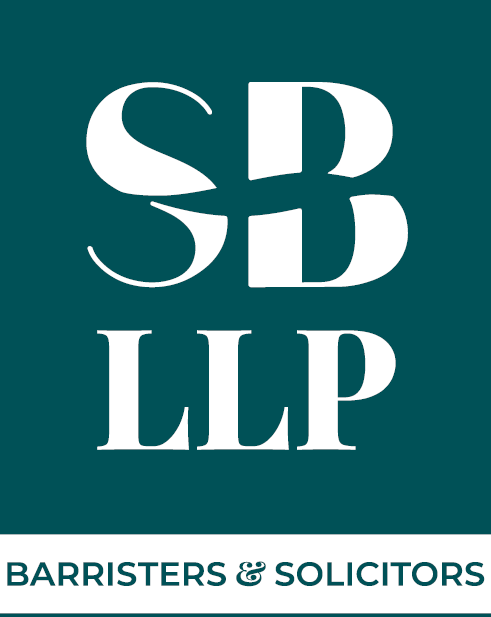Shareholder Rights Relating to Oppressive Treatment
Written by: Nicholas Blanchette, Student-at-Law
Shareholders are not always treated fairly, and due to a variety of situations that can arise during the regular course of business, their rights are sometimes infringed upon by other shareholders, officers, or directors of a corporation. Whether it be the arbitrary devaluation of shares, the failure to provide access to corporate books and records, or a denial of any other right that a shareholder should be entitled to, this conduct represents “oppressive treatment” of a shareholder under the law.
Definition of Oppression
The Alberta Business Corporations Act (the “Act”) is the legislation which governs shareholders rights and remedies in addition to many other relevant business rules and procedures; however, when discussing shareholder oppression, the section of the Act that is the most relevant is section 242.¹ This section refers specifically to a shareholder’s oppression remedy and makes it available to those who suffer oppressive conduct, unfairly prejudicial conduct or conduct that unfairly disregards their interests.
Put another way, there are three distinct categories of oppression under the Act which denote relative levels of wrongful behaviour with respect to shareholder treatment.
The first, and most oppressive, is aptly titled ‘oppression’ which can be considered as “burdensome, harsh and wrongful”, “a visible departure from standards of fair dealing” and an “abuse of power”.² In essence, it is the most serious kind of wrong that a shareholder can suffer in this kind of situation.
The second, is referred to as ‘unfair prejudice’ which is conduct that is less than oppression, but still wrongful. It includes: the squeezing out of a minority shareholder; failing to disclose related parties’ transactions; changing corporate structures to seriously alter debt ratios; paying dividends without a declaration; preferring some shareholders over others; or paying directors more than the norm.
The third, and final category, is ‘unfair disregard’ and it is the least serious of the three wrongs under section 242. Examples include favouring a director by not prosecuting claims against them; unfairly reducing a shareholder’s dividend; or failing to deliver property belonging to a claimant.
Remedies Available
If a Court finds that there has been one or more of the above forms of oppressive conduct, there are a wide range of orders that it could utilize under section 242(3).³ These orders are available assuming that the conduct complained of was in relation to a shareholder’s reasonable expectation of how they should be treated.⁴
The orders under section 242(3) range from orders that simply constrain the oppressor from engaging in the conduct complained of, to granting a shareholder permission to act on behalf of the corporation in a legal action against the oppressor.⁵
Conclusion
The above noted rules in the Act inform your rights and remedies as a shareholder. As such it is important to work proactively in the preservation of those rights in the face of oppressive conduct and seek legal advice as soon as possible. As noted above, there are a variety of acts that constitute oppression to different degrees, and many remedies that a Court may grant based on a multitude of factors. Although oppressive treatment can leave a shareholder in a vulnerable position, there is a course of action that can be taken to resolve the situation in a shareholder’s interest.
If you have, or anyone you know, has been the subject of unfair treatment as a shareholder and have any questions, please do not hesitate to contact the following members of our team at SB LLP who would be pleased to assist you:
*Disclaimer: This article is not intended to provide legal advice and is for information purposes only.
1. Alberta Business Corporations Act, RSA 2000, c. b-9, s.242.
2. BCE v. 1976 Debentureholders 2008 SCC 69.
3. Supra, note 1 at s. 242(3).
4. Supra, note 2.
5. Supra, note 3.

